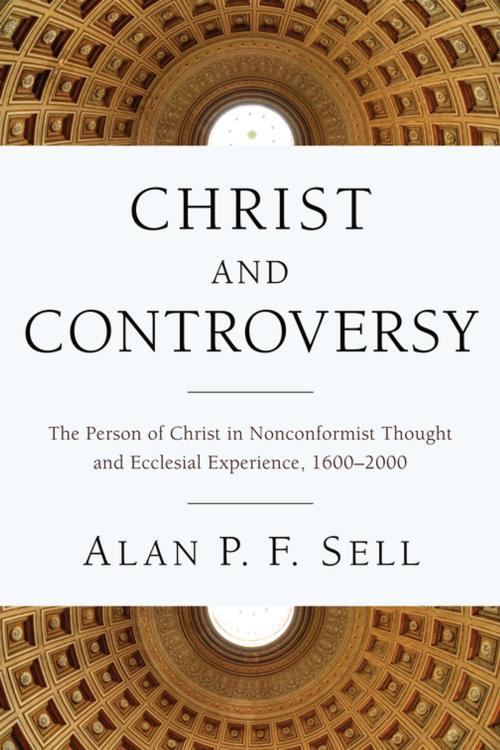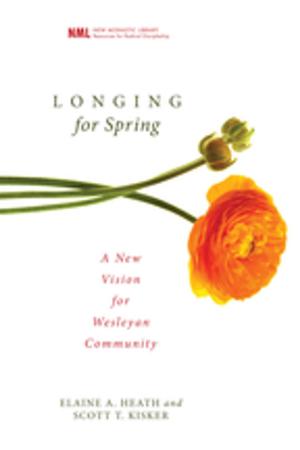Christ and Controversy
The Person of Christ in Nonconformist Thought and Ecclesial Experience, 1600–2000
Nonfiction, Religion & Spirituality| Author: | Alan P.F. Sell | ISBN: | 9781630875459 |
| Publisher: | Wipf and Stock Publishers | Publication: | January 1, 2012 |
| Imprint: | Pickwick Publications | Language: | English |
| Author: | Alan P.F. Sell |
| ISBN: | 9781630875459 |
| Publisher: | Wipf and Stock Publishers |
| Publication: | January 1, 2012 |
| Imprint: | Pickwick Publications |
| Language: | English |
What may happen when Christians take doctrine seriously? One possible answer is that the shape of churchly life on the ground can be significantly altered. This pioneering study is both an account of the doctrine of the person of Christ as it has been expounded by the theologians of historic English and Welsh Nonconformity, and an attempt to show that while many Nonconformists held classical orthodox views of the doctrine between 1600 and 2000, others advocated alternative understandings of Christ's person; hence the evolution of the ecclesial landscape as we have come to know it. The traditions here under review are those of Old Dissent: the Congregationalists, Baptists, Presbyterians and their Unitarian heirs; and the Calvinistic and Arminian Methodist bodies that owe their origin to the Evangelical Revival of the eighteenth century.
What may happen when Christians take doctrine seriously? One possible answer is that the shape of churchly life on the ground can be significantly altered. This pioneering study is both an account of the doctrine of the person of Christ as it has been expounded by the theologians of historic English and Welsh Nonconformity, and an attempt to show that while many Nonconformists held classical orthodox views of the doctrine between 1600 and 2000, others advocated alternative understandings of Christ's person; hence the evolution of the ecclesial landscape as we have come to know it. The traditions here under review are those of Old Dissent: the Congregationalists, Baptists, Presbyterians and their Unitarian heirs; and the Calvinistic and Arminian Methodist bodies that owe their origin to the Evangelical Revival of the eighteenth century.















